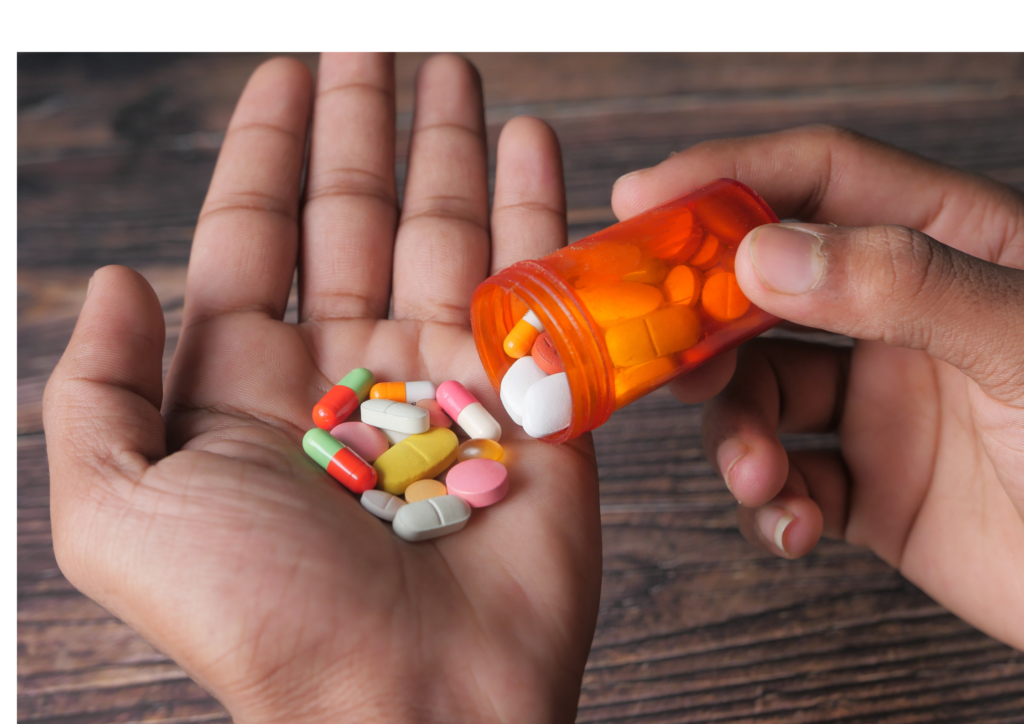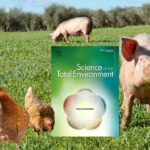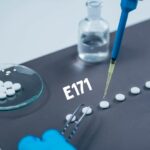
ANSES reaffirms the need to limit oral exposure to nano titanium dioxide
The French National Agency for Health Safety (Anses) has published today a risk assessment called “nano specific” of titanium dioxide used as a food additive (E171). This is the third part of the process initiated by ANSES in 2020 regarding nanomaterials in food products and the first application of the risk assessment methodology specific to nanomaterials used as food additives established by ANSES in 2021.
In this assessment, the agency reports the lack of toxicological data available to perform a complete evaluation of the additive E171. This is unfortunate because it prevented the agency from completing the risk assessment of the additive E171. “The experts have identified all the data that will have to be produced on this nanomaterial: they concern general toxicity, genotoxicity, carcinogenicity, neurotoxicity or reproductive and developmental toxicity” explains Bruno Teste, coordinator of the assessment and scientific project manager in the food risk assessment unit of the Anses.
The Anses concludes by reaffirming its recommendation to limit the use and exposure of workers and consumers to nanomaterials, “by promoting the use of safe products, free of manufactured nanomaterials, and by limiting these uses to those considered in fine as duly justified and subject to a documented demonstration of risk acceptability”.
These conclusions raise some questions: despite the ban on the additive E171 in food which came into force in France in January 2020 and in Europe in August 2022, titanium dioxide nanoparticles are still authorized and used in many everyday products including in cosmetic products, hygiene products or medicines.

Other news on the topic
Upcoming Nano Agenda
- Introductory seminar on the principles of Life Cycle Assessment (LCA) and its specificities when applied to nanomaterials (metal nanoparticles, oxides, etc.), from their production to their end-of-life.
- Organizer: NaMasTE research group (Manufactured Nanomaterials, Toxicology, Ecotoxicology and Risks: Towards Controlled Development)
- Speaker: Gaetana (Tania) Quaranta, Senior Lecturer, University of Strasbourg – IPHC
- Website: https://gdr-namaste.cnrs.fr/

- Webconference for analysis laboratories, plant fertilizer manufacturers and distributors, public authorities…
- Moderated by David Krupka, nanotechnologies development manager at AFNOR Normalisation and Emilie Langlois-Bertrand, nantechnologies standardization project manager.
- In partnership with Armand Masion (CEREGE) and Patrice Charpentier (ANSES).
- This exchange will also be an opportunity to explore the creation of a national platform to identify standardization needs.
- Website: https://www.afnor.org/evenements/qualite/nanotechnologies-agriculture-cadre-pratique-responsable

- International conference on metallic nano-objects for experts working in the interdisciplinary field of metallic nanoparticles, with a particular emphasis on nanoparticle synthesis and characterization, plasmonics, optics and photonics, catalysis, biomedicine, electronics, and nanoparticle recycling
- Organizers / Partners: CNRS, Bordeaux University, Bordeaux INP, ICMCB, CRPP, CBMN, ISM
- Website: https://mno2026.sciencesconf.org






